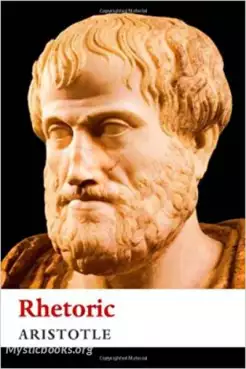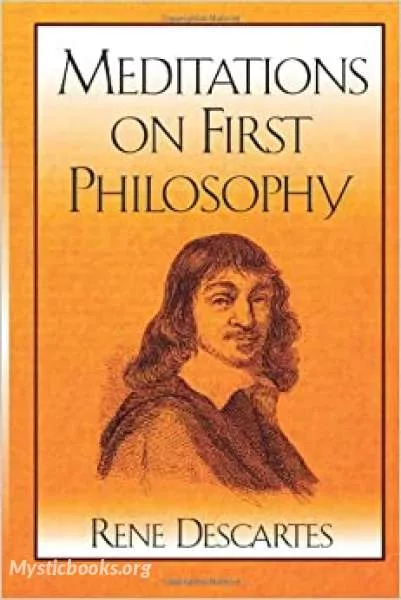
Meditations on First Philosophy
'Meditations on First Philosophy' Summary
The First Meditation, subtitled "What can be called into doubt", opens with the Meditator reflecting on the number of falsehoods he has believed during his life and on the subsequent faultiness of the body of knowledge he has built up from these falsehoods. He has resolved to sweep away all he thinks he knows and to start again from the foundations, building up his knowledge once more on more certain grounds. He has seated himself alone, by the fire, free of all worries so that he can demolish his former opinions with care.
The Meditator reasons that he need only find some reason to doubt his present opinions in order to prompt him to seek sturdier foundations for knowledge. Rather than doubt every one of his opinions individually, he reasons that he might cast them all into doubt if he can doubt the foundations and basic principles on which the opinions are founded.
Everything that the Meditator has accepted as most true he has come to learn from or through his senses. He acknowledges that sometimes the senses can deceive, but only with respect to objects that are very small or far away, and that our sensory knowledge on the whole is quite sturdy. The Meditator acknowledges that insane people might be more deceived, but that he is clearly not one of them and needn't worry himself about that.
However, the Meditator realizes that he is often convinced when he is dreaming that he is sensing real objects. He feels certain that he is awake and sitting by the fire, but reflects that often he has dreamed this very sort of thing and been wholly convinced by it. Though his present sensations may be dream images, he suggests that even dream images are drawn from waking experience, much like paintings in that respect. Even when a painter creates an imaginary creature, like a mermaid, the composite parts are drawn from real things—women and fish, in the case of a mermaid. And even when a painter creates something entirely new, at least the colours in the painting are drawn from real experience. Thus, the Meditator concludes, though he can doubt composite things, he cannot doubt the simple and universal parts from which they are constructed like shape, quantity, size, time, etc. While we can doubt studies based on composite things, like medicine, astronomy, or physics, he concludes that we cannot doubt studies based on simple things, like arithmetic and geometry.
On further reflection, the Meditator realizes that even simple things can be doubted. Omnipotent God could make even our conception of mathematics false. One might argue that God is supremely good and would not lead him to believe falsely all these things. But by this reasoning we should think that God would not deceive him with regard to anything, and yet this is clearly not true. If we suppose there is no God, then there is even greater likelihood of being deceived, since our imperfect senses would not have been created by a perfect being.
The Meditator finds it almost impossible to keep his habitual opinions and assumptions out of his head, try as he might. He resolves to pretend that these opinions are totally false and imaginary in order to counterbalance his habitual way of thinking. The Meditator wishes to avoid an excess of scepticism and instead uses a sceptical method, an important distinction. He supposes that not God, but some evil demon has committed itself to deceiving him so that everything he thinks he knows is false. By doubting everything, he can at least be sure not to be misled into falsehood by this demon.
Before retiring for the night, the Meditator indulges in his old beliefs, afraid to awake to a life of confusion. As a result he allows for the tempting falsehoods to continue unabridged.
Book Details
Language
EnglishOriginal Language
LatinPublished In
1641Authors

René Descartes
France
René Descartes was a French-born philosopher, mathematician, and scientist who spent a large portion of his working life in the Dutch Republic, initially serving the Dutch States Army of Mauric...
Books by René DescartesDownload eBooks
Listen/Download Audiobook
- Select Speed
Related books

United Nations Agreements by United Nations
The Charter of the United Nations (UN) is the foundational treaty of the UN, an intergovernmental organization. It establishes the purposes, governing...

Auf der Galerie by Franz Kafka
In der Erzählung “Auf der Galerie” beschreibt Franz Kafka in zwei komplett gegensätzlichen Perspektiven die Darbietung einer Künstlerin in der Manege...

A Treatise on the True Devotion to the Blessed Virgin by St. Louis de Montfort
True Devotion to Mary is a treatise of what it means to have devotion to Our Lady. Montfort goes through the various aspects of this devotion explaini...
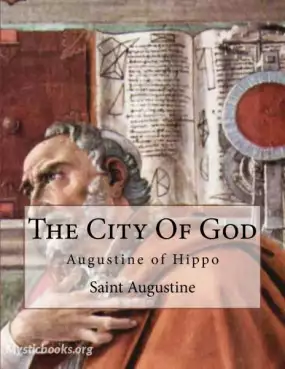
The City of God, Volume 2 by Saint Augustine of Hippo
On the city of God against the pagans, often called The City of God, is a book of Christian philosophy written in Latin by Augustine of Hippo in the e...

Is the Bible Worth Reading and Other Essays by Lemuel Kelley Washburn
This collection of essays by Lemuel Kelley Washburn, a prominent American freethinker and editor of the *Boston Investigator*, delves into various asp...

A Treatise Concerning the Principles of Human Knowledge by George Berkeley
Does the world exist outside of your mind? In his groundbreaking philosophical work, A Treatise Concerning the Principles of Human Knowledge, George...

Greek Athletics by Frederick Adam Wright
The history of Greek athletics as it pertains to the Olympics. Describes various activities such as boxing, wrestling, etc. and accounts from witnesse...
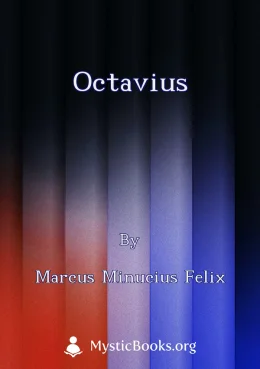
Octavius by Marcus Minucius Felix
Octavius is an ancient Roman dialogue that explores the religious beliefs and debates of the early Christian era. Through a conversation between a Chr...
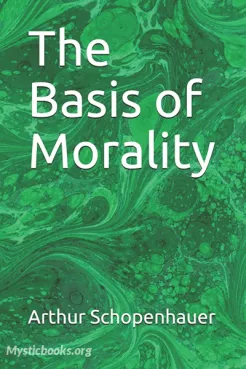
The Basis Of Morality by Arthur Schopenhauer
It is a philosophical treatise that delves into the fundamental principles of ethics and morality. Written in 1840, this book is widely considered to...
Reviews for Meditations on First Philosophy
No reviews posted or approved, yet...
